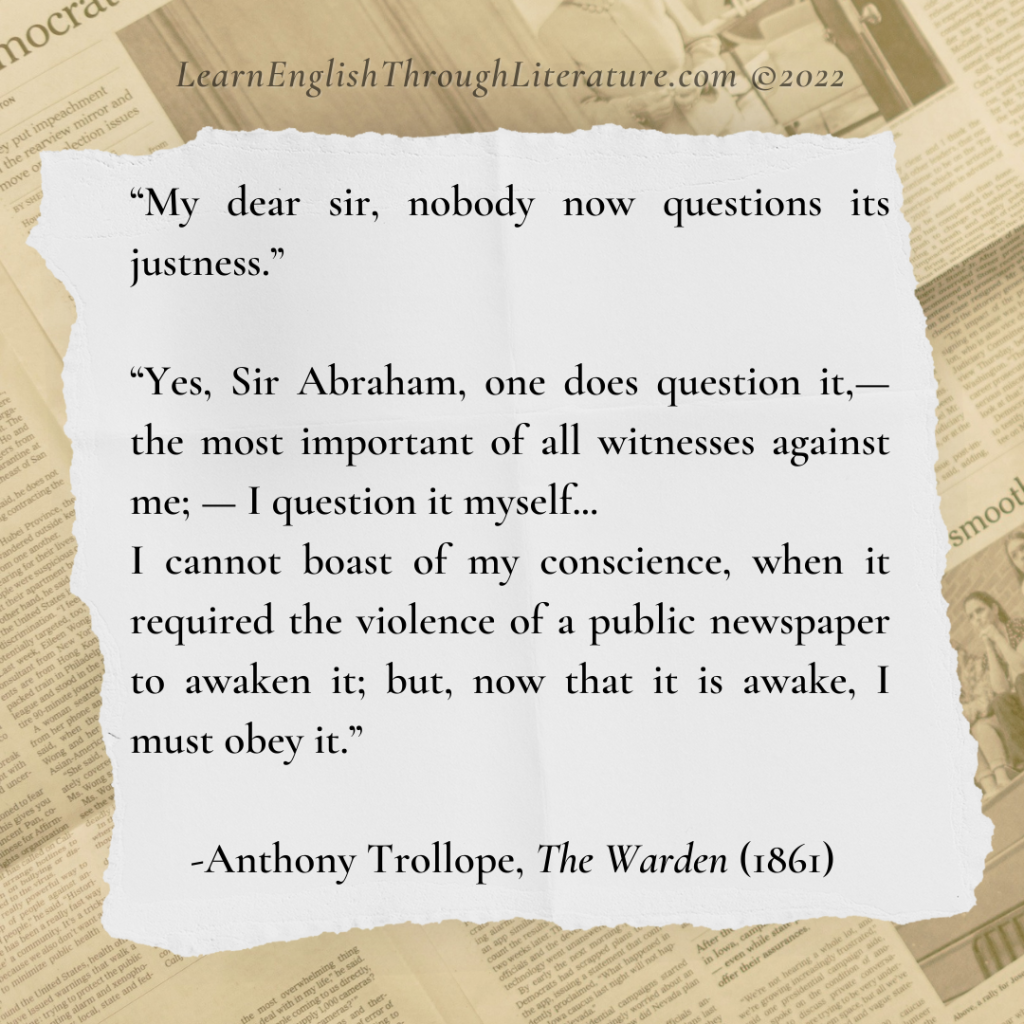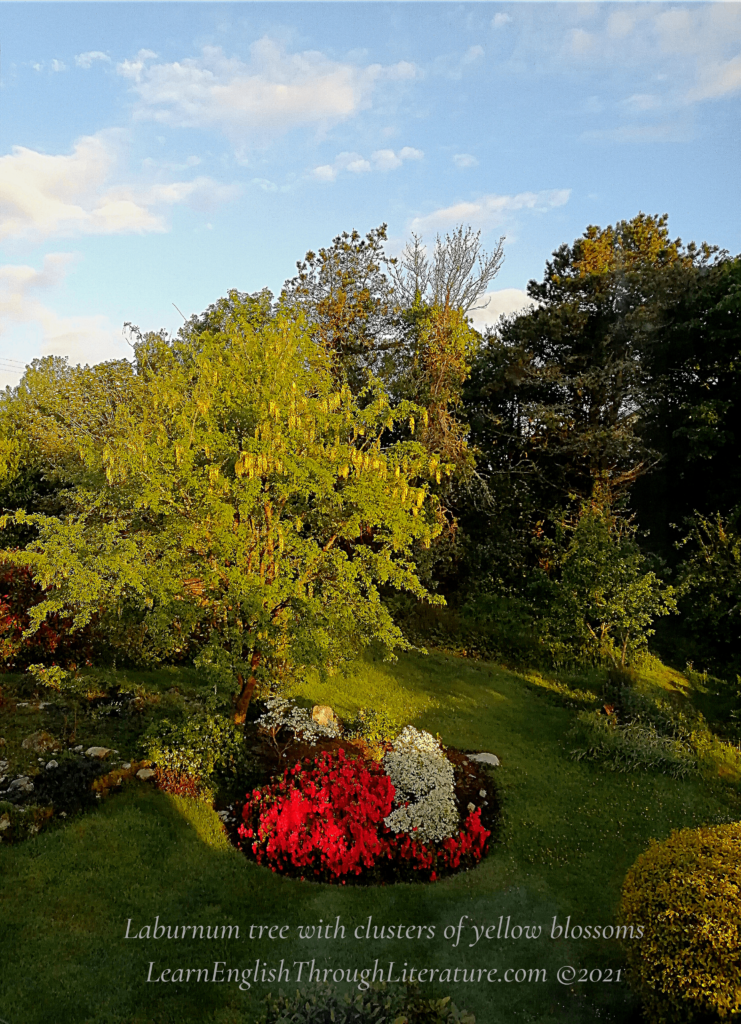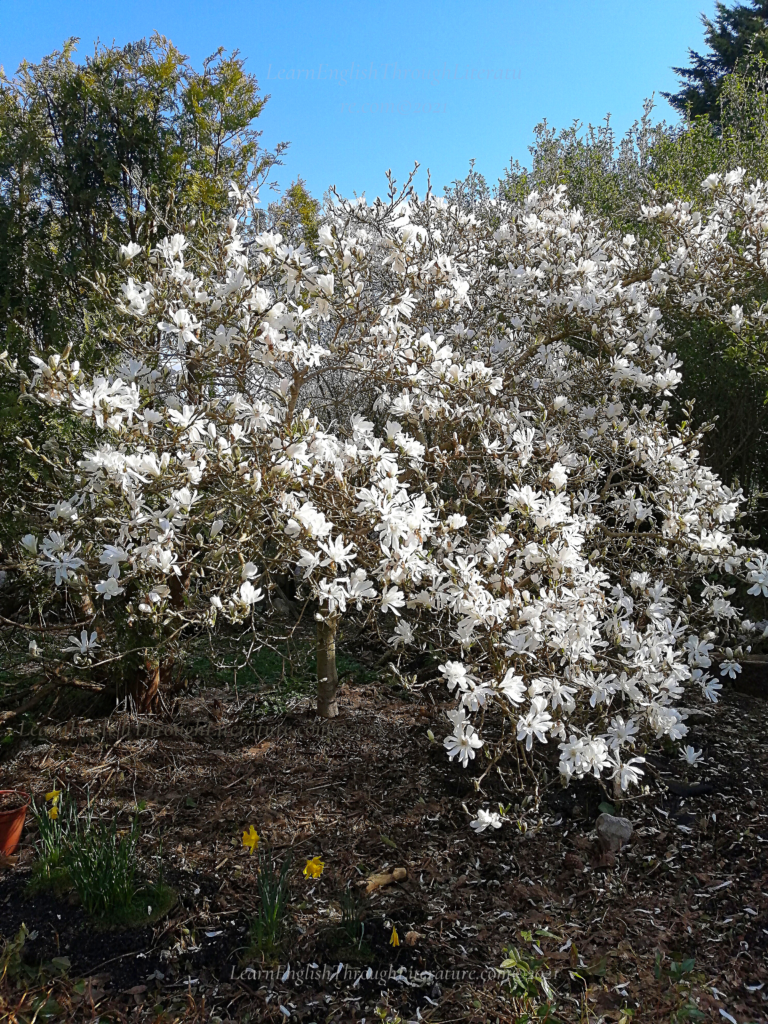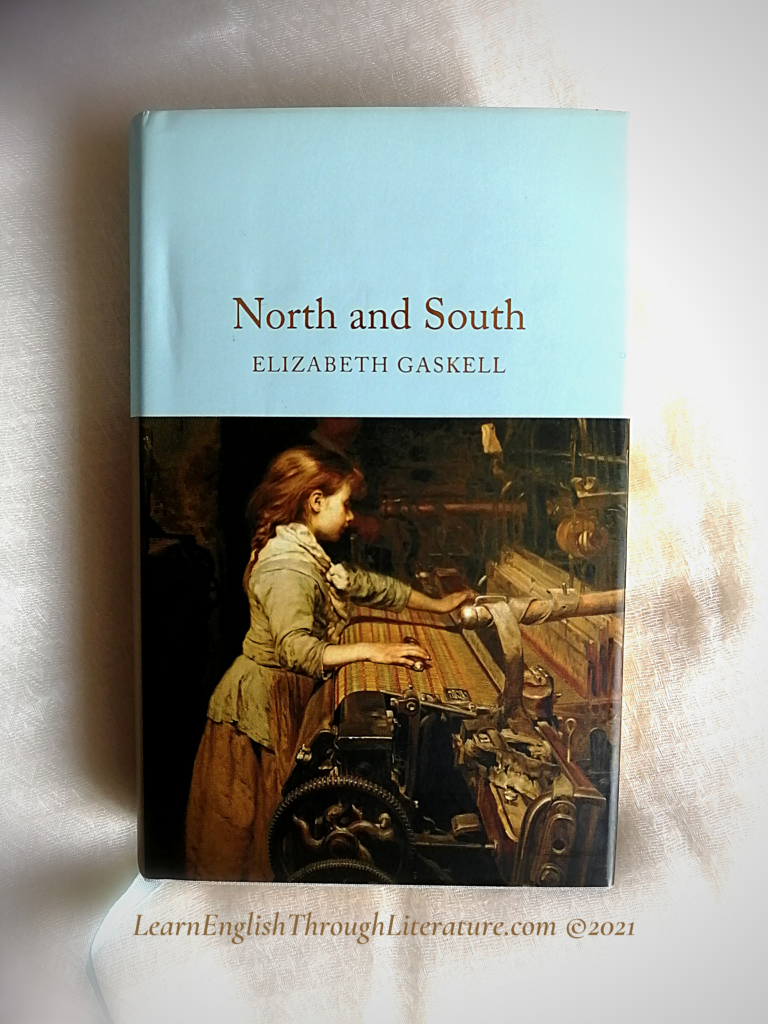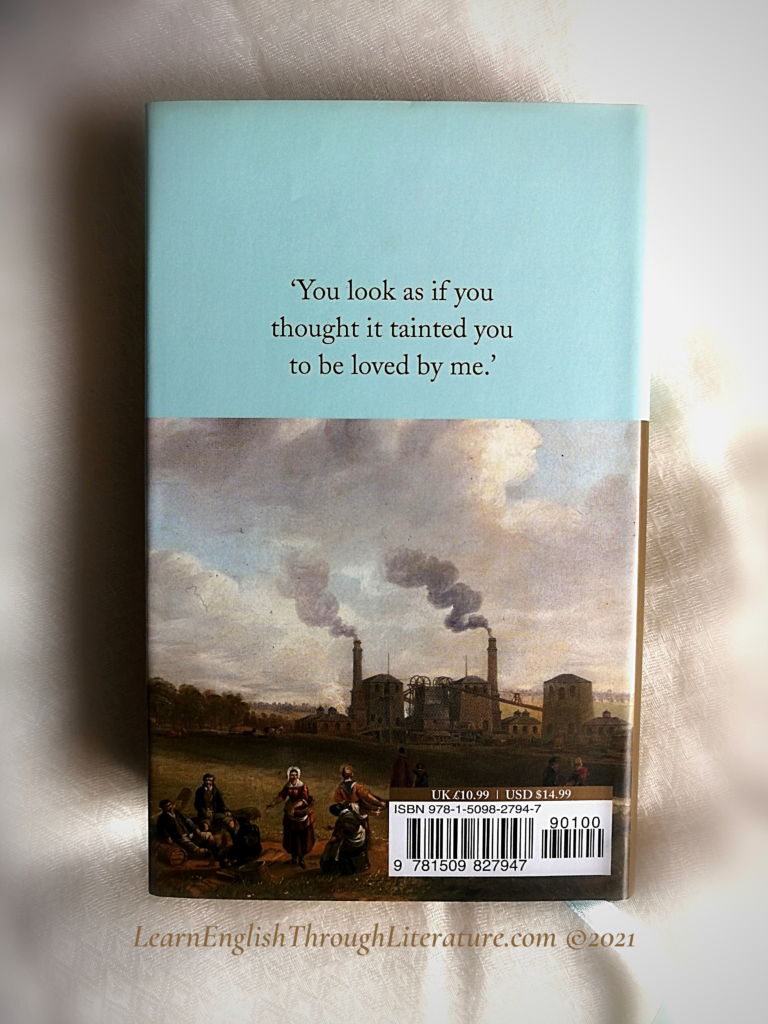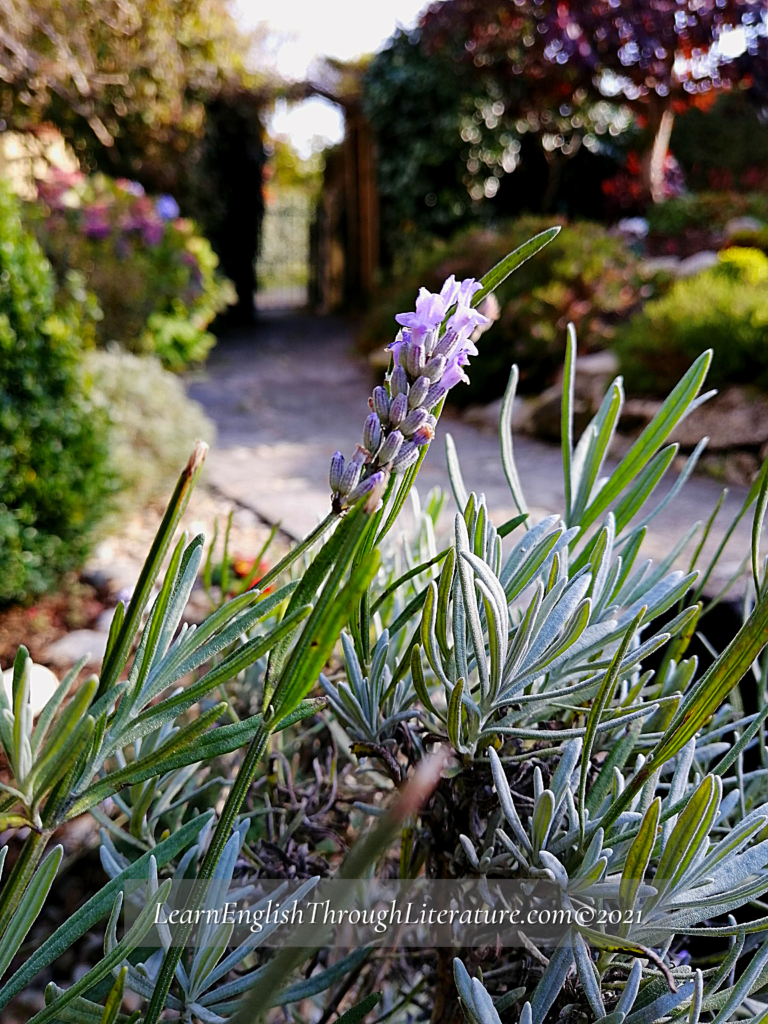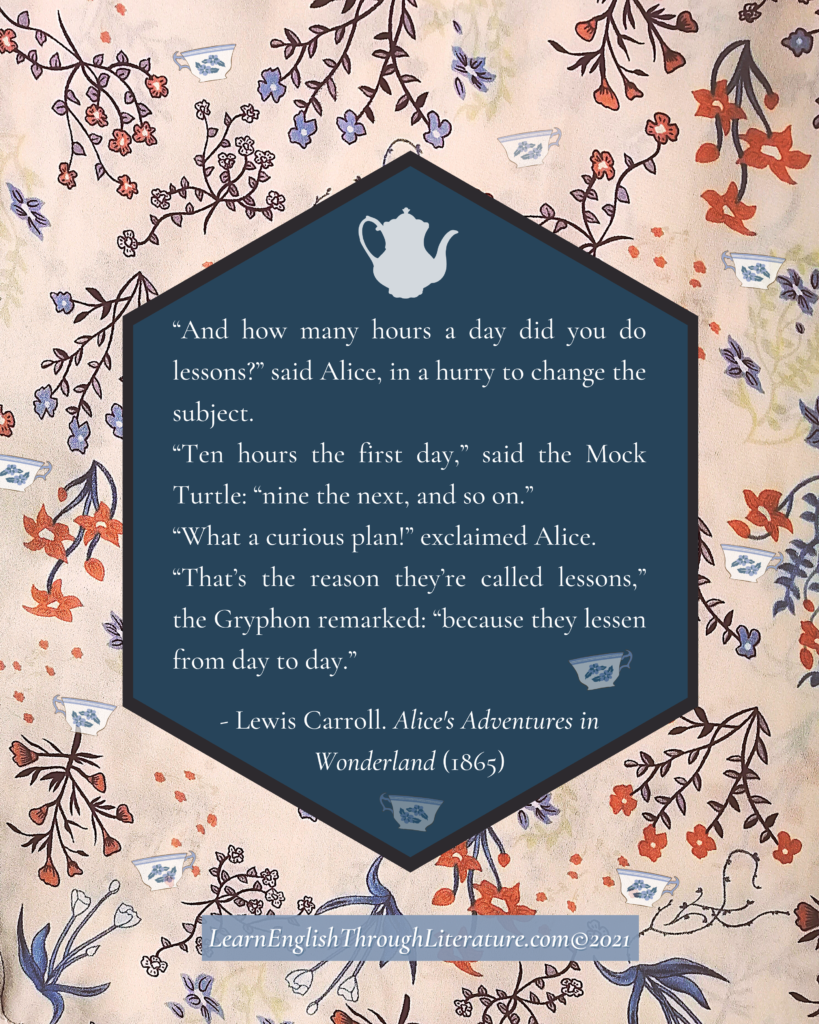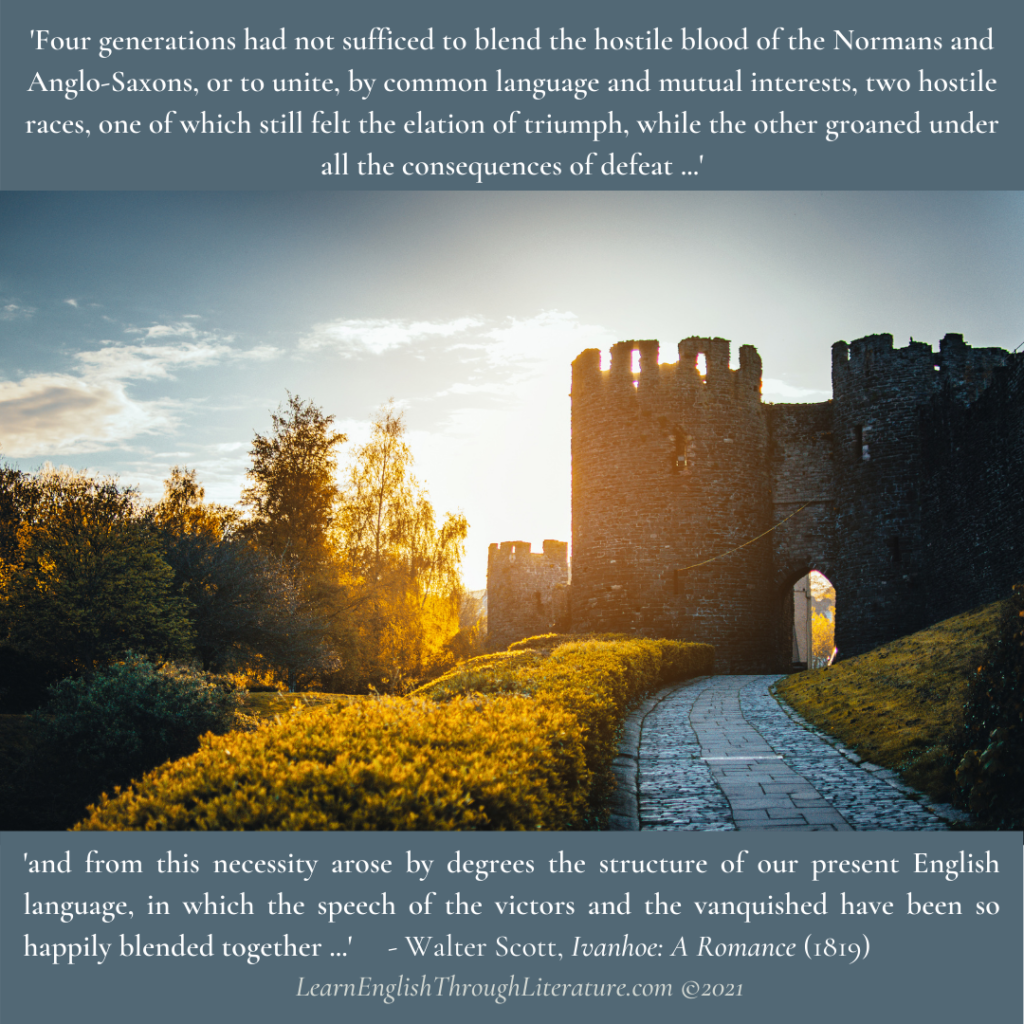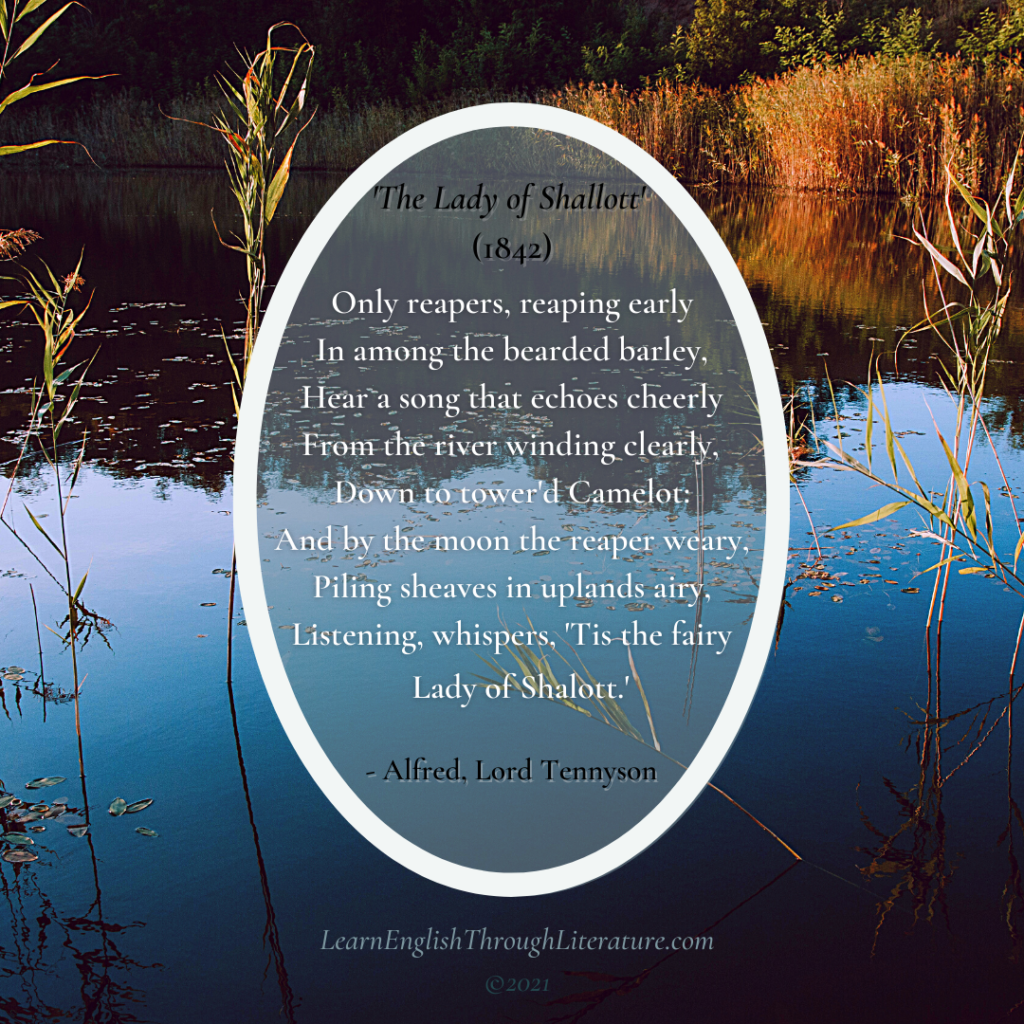Lesson #281: ‘My dear sir, nobody now questions its justness’: Intermediate / Advanced Reading Comprehension from Anthony Trollope’s ‘The Warden’ (1855)
In light of the recent events that are taking place in Ukraine even as I write, I have been reflecting a lot on how the media documents and shares its findings with audiences everywhere. I have also been thinking about how people act – if they act differently at all – after reading the news. […]

